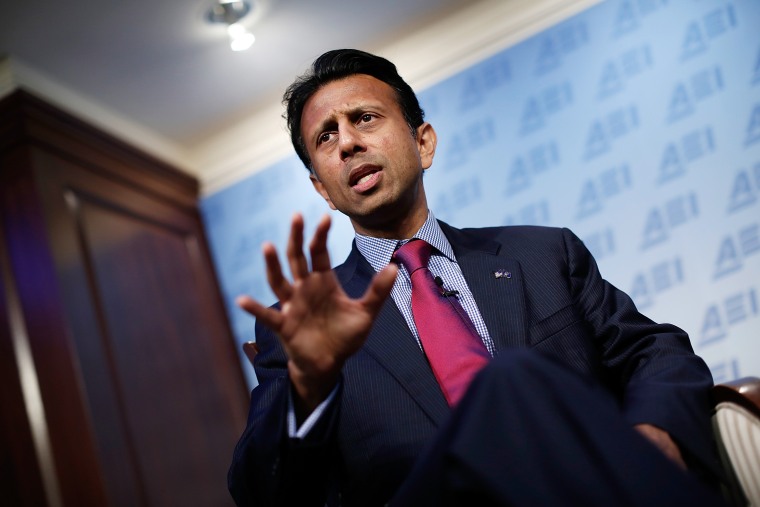When it comes to sexually transmitted infections, Louisiana is the wrong kind of national leader. As the
New York Times reported, the state "ranks first among the states in cases of gonorrhea, second in chlamydia, and third in syphilis and in H.I.V." It's not a record to be proud of.
It's also a public-health problem that will get worse if Louisiana Republicans, led by Republican presidential hopeful Bobby Jindal, succeed in scrapping all public funding for Planned Parenthood.
The political dispute embroiling Planned Parenthood here and nationwide is over abortion, though public funds are not permitted by federal law to be used for abortion, except in cases involving rape, incest or a pregnancy that threatens the mother's life. Neither clinic in this state — like nearly half of all Planned Parenthood centers — performs abortions. What the Louisiana Planned Parenthood clinics did do last year was administer nearly 20,000 tests for sexually transmitted infections, as well as provide gynecological exams, contraceptive care, cancer screenings and other wellness services for nearly 10,000 mostly low-income patients. "You can't just cut Planned Parenthood off one day and expect everyone across the city to absorb the patients," Dr. Taylor said. "There needs to be time to build the capacity."
Dr. Taylor, in this case, is Dr. Stephanie Taylor, the medical director overseeing programs to combat sexually transmitted infections for the State Office of Public Health. As the NYT report added, she's also the director of Louisiana State University's sexually transmitted infections program.
When she argues that it'd be a mistake to simply cut off Planned Parenthood, Taylor knows of what she speaks.
Perhaps, as some conservatives claim, those resources can just be moved to other health organizations?
Nope.
[S]ince most funds that Planned Parenthood receives from taxpayers are reimbursements for tending to Medicaid beneficiaries, experts in health policy say lawmakers cannot simply take money from the organization and redirect it to other facilities. "Somebody says, 'Oh, we'll just move $500 million over.' First of all, most of that is Medicaid, so you can't just move it over," said Sara Rosenbaum, a professor at George Washington University's School of Public Health and Health Services, which recently released results of a three-year study of community health services and family planning nationwide. Ms. Rosenbaum called it "an absurd claim" that other health providers could replace Planned Parenthood, especially in the South and the Midwest.
Complicating matters further, the Associated Press
reported yesterday that the Justice Department told a federal judge this week that Jindal's decision "to oust Planned Parenthood from Louisiana's Medicaid program appears to violate federal law by denying Medicaid patients the right to choose their health care providers."
Removing Planned Parenthood from the Medicaid program "without providing any justification related to (the organization's) qualifications to provide medical services would violate Louisiana's obligations under the Medicaid statute's 'free choice of provider' provision," the Justice Department wrote.
If you're thinking that Jindal, a struggling GOP presidential candidate, will be eager to draw attention to his dispute with the Obama administration over Planned Parenthood funding, you're not the only one.
Disclosure: My wife works at Planned Parenthood, but she played no role in this piece and her work is unrelated to care in Louisiana. On a related note, a bunch of conservatives got worked up last week, saying I "finally" acknowledged my wife's job. For the record, I've always been completely transparent on this point, first disclosing her position
a year and a half ago, and noting her job dozens of times since. Apparently, last week was just the first time conservatives noticed.
